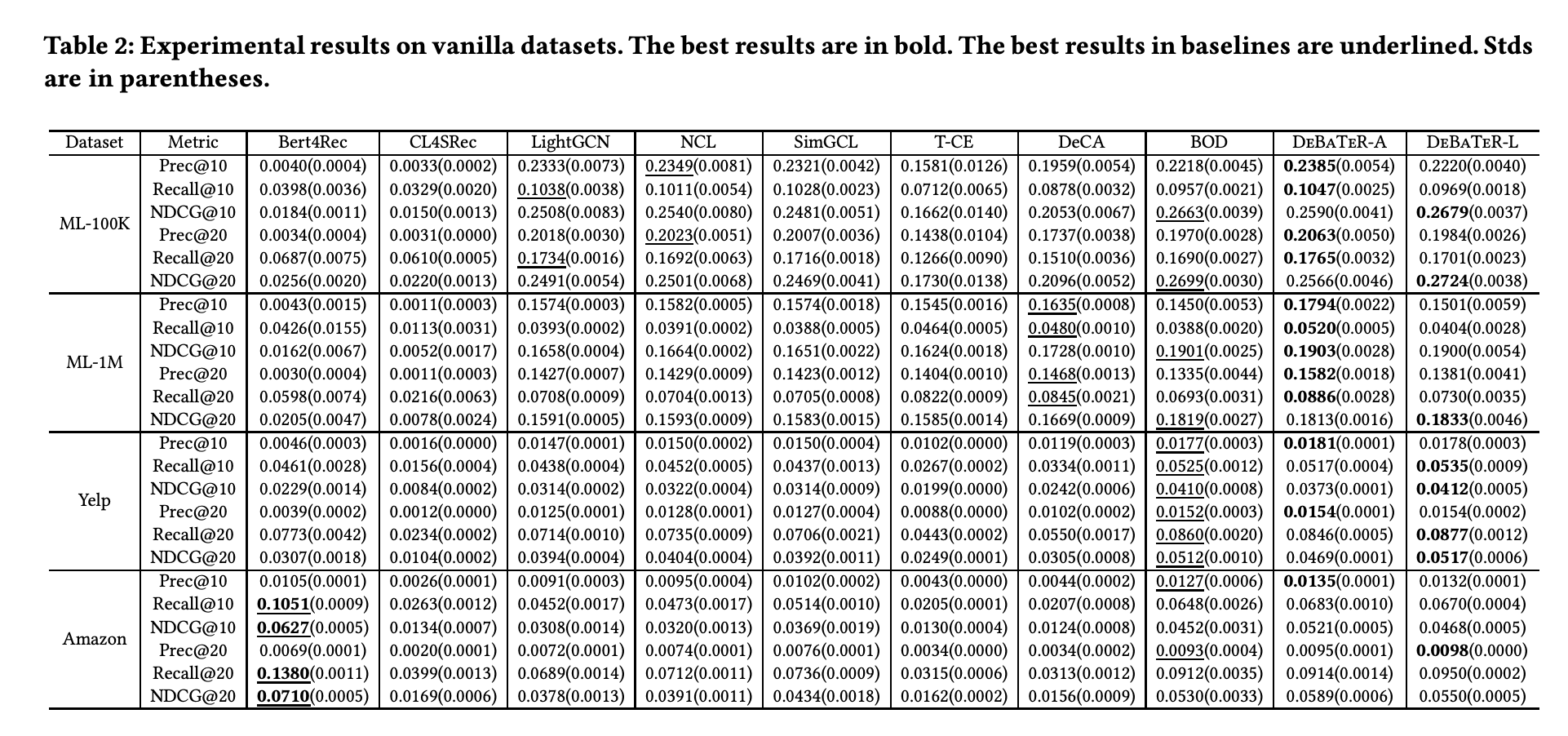
Understanding Recommender Systems and Their Challenges
Recommender systems help understand user preferences, but they struggle with accurately capturing these preferences, especially in neural graph collaborative filtering. These systems analyze user-item interactions using Graph Neural Networks (GNNs) to uncover hidden information and complex relationships. However, the quality of the data collected is a major issue. Fake interactions can further reduce the quality of recommendations. This problem is intensified in graph neural collaborative filtering, where GNNs can amplify the effects of noisy data, leading to recommendations that do not align with users’ true interests.
Current Solutions and Their Limitations
To tackle these challenges, existing methods focus on:
- Denoising Recommender Systems: These methods aim to filter out poor-quality interactions by identifying and reducing the influence of mismatched user-item pairs.
- Time-Aware Recommender Systems: These systems consider the timing of interactions but are less effective in collaborative filtering contexts, often overlooking the complex relationship between timing and noise in user interactions.
Introducing DeBaTeR: A New Approach
Researchers from the University of Illinois and Amazon have developed DeBaTeR, a new method for cleaning up bipartite temporal graphs in recommender systems. DeBaTeR includes two strategies:
- DeBaTeR-A: This strategy adjusts the adjacency matrix using reliability scores from time-aware user and item data, effectively managing noisy interactions.
- DeBaTeR-L: This strategy uses a weight generator to identify and reduce the impact of potentially noisy interactions in the loss function.
Evaluating DeBaTeR’s Effectiveness
A thorough evaluation framework was used to test DeBaTeR’s performance with both clean and artificially noisy datasets. The researchers filtered the data to keep only high-quality interactions and introduced random noise to evaluate the system’s robustness. Results showed that:
- DeBaTeR-L outperformed other methods in ranking tasks.
- DeBaTeR-A excelled in retrieval tasks.
- Both strategies showed significant improvements over seven baseline methods, especially in noisy environments.
Future Directions and Opportunities
DeBaTeR represents a significant advancement in addressing noise in recommender systems by integrating time-aware data with user and item embeddings. Future research will explore more time-aware algorithms and expand denoising capabilities to include user profiles and item attributes.
Get Involved
Check out the paper for more insights. Follow us on Twitter, join our Telegram Channel, and LinkedIn Group. If you appreciate our work, subscribe to our newsletter and join our 55k+ ML SubReddit.
Unlock the Power of AI for Your Business
Stay competitive and leverage DeBaTeR to transform your operations:
- Identify Automation Opportunities: Find customer interaction points that could benefit from AI.
- Define KPIs: Ensure your AI initiatives have measurable impacts.
- Select AI Solutions: Choose tools that fit your needs and allow for customization.
- Implement Gradually: Start small, gather data, and expand wisely.
For AI KPI management advice, contact us at hello@itinai.com. Stay updated on AI insights via our Telegram or Twitter.
Discover More
Explore how AI can enhance your sales processes and customer engagement at itinai.com.



























